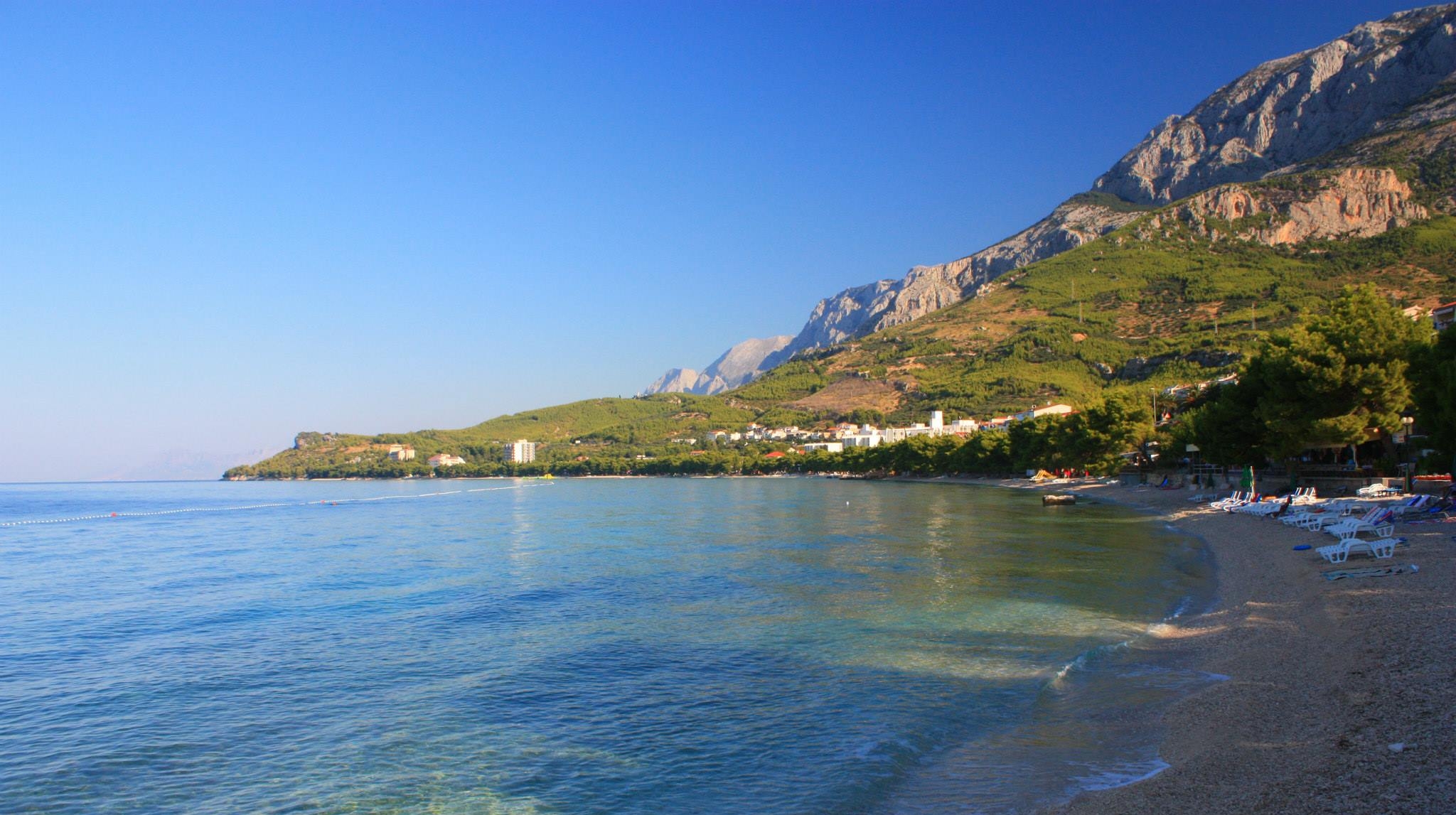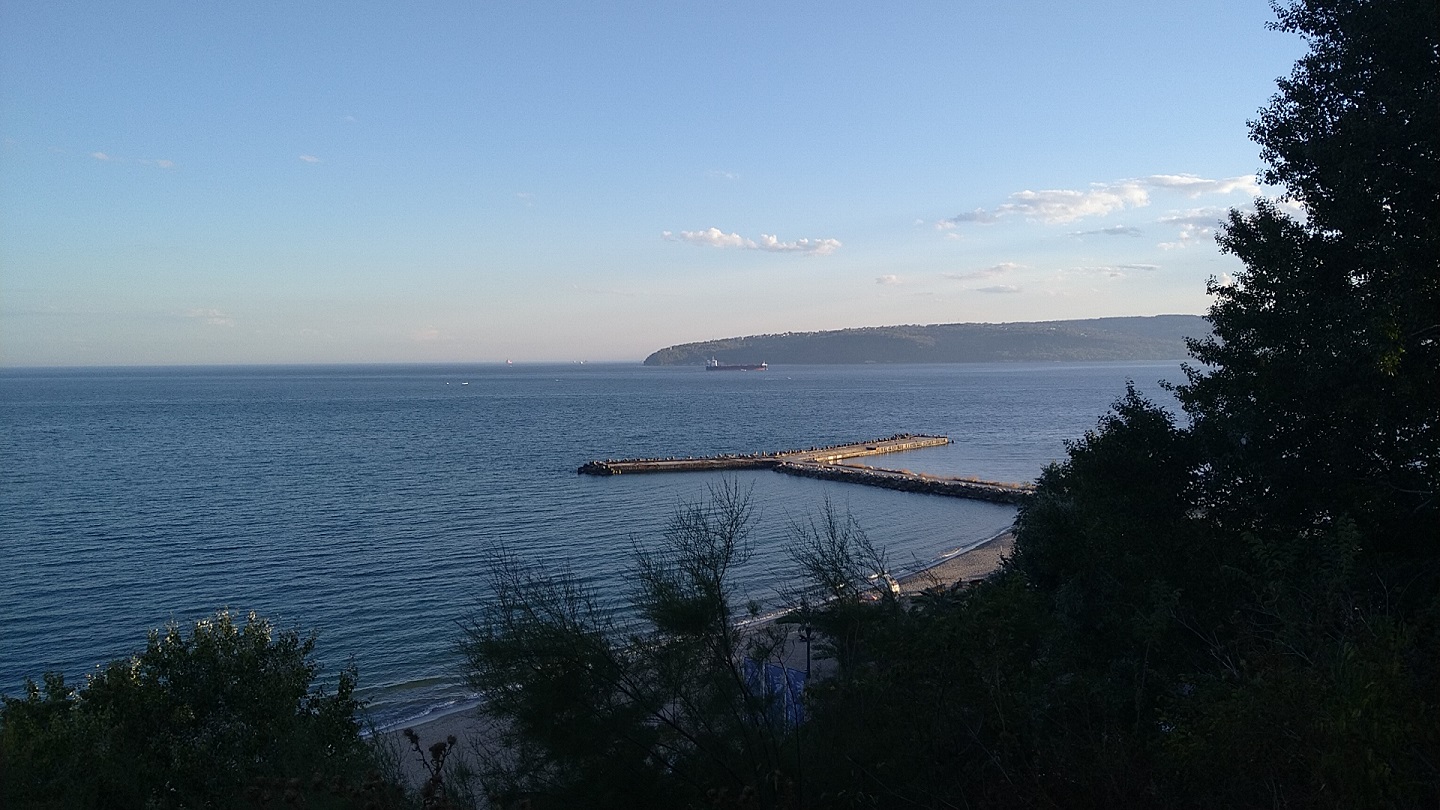Coasts belong to countries, but marine life does not. To sufficiently govern and protect the large marine water bodies around Europe, regional coordination has been established by international conventions. Four regional seabasin secretariats provide services for the contracting parties of the four conventions.
To achieve the Good Environmental Status (GES) of all four water bodies according to the Marine Strategy Framework Directive of the European Union, all conventions are seen as important tools to implement action plans developed through regional consultation and agreed upon by high-level governing bodies, such as the annual ministerial meeting of the HELCOM contracting parties.




